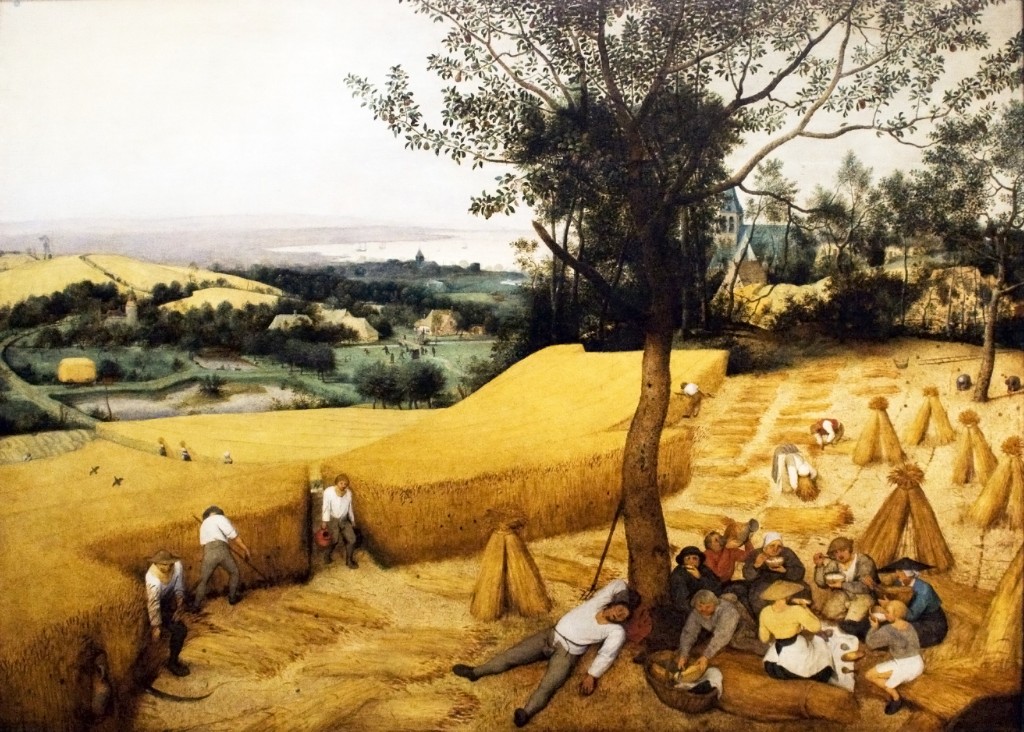While it’s important to be prepared for any dangers that children might face during the summer, it’s also important to let them run around and have fun.
The Royal Society for the Prevention of Accidents (RoSPA) believes that children’s activity and play need to be as safe as necessary, not as safe as possible.
“Summer is a great time for children to get out and experience the world around them,” says David Walker, head of leisure safety at RoSPA. “During the summer months, we see a rise in injuries associated with play and leisure activities. You need to be aware of safely issues, but this isn’t a reason to stop children enjoying activities. In many cases, simple steps can be taken to avoid injury.”
New environments
If you go to stay with friends or relatives, their home or garden might not be as child-friendly as your home.
Children like to explore new surroundings, so make sure they don’t go far on their own. Ask your hosts to place medicines and cleaning products out of sight and out of reach. Make sure you also check features such as ponds, barbecues and garden tools.
A few simple steps, such as nominating an adult to watch the children at a party, can reduce the risks.
Read more about preventing accidents to children.
Be safe around water
“Water fascinates young kids,” says David. “It’s great fun and great exercise, but any of us can drown.
“Even the best supervisors and carers can get briefly distracted, and all it takes to drown is three minutes face-down in water.”
In 2012, 18 children under the age of 15 drowned in the UK. This included four at the beach or coast, and five in the bath. Among the 16-19 age group, 24 people drowned, at sites including beaches, rivers, canals and lakes. Seven of these happened while swimming, and three from jumping or diving into water.
Ponds
Younger children between two and six years old are particularly vulnerable to drowning in features such as ponds or small water containers.
“Between 5 and 10 children a year drown in garden ponds,” says David. “If you’ve got a toddler, the best thing to do is fill the pond in with sand to make a sand pit. Otherwise, cover the pond with a substantial grille, or put a fence around it.”
Open water
Older children, especially teenagers, are most at risk from features near to homes such as rivers, lakes, flooded quarries and coastal water near to the shore. Having an early conversation with teens about the risks of colder, open water is important.
Even the strongest swimmer can be affected by cold water shock, which affects your ability to control breathing. This can lead to gasping, panic and – in the worst cases – drowning. Cold water shock can start in water of 15C – the average temperature of the sea around Britain is 12C.
Choosing to swim at a lifeguarded beach or lido is the safest option. Get in slowly, choose shallow spots, and if you’re at the beach, check for dangerous currents and tides. Always follow local safety advice if you are going into open water.
Read more about beach safety.
Holiday pools, villas and hotels
Holidays can be the highlight of the summer. When booking a holiday, check the following:
Does the pool have a lifeguard or pool attendant? It is often the case that a pool attendant is only responsible for keeping the poolside clean, rather than ensuring safety in the water.
Does the pool have a barrier? In many countries, such as France, this is now the law. Having a fence is particularly important at villas if you have younger children.
Safety check list
Remember these safety tips if you and your family are visiting an area where there is water:
Go for a walk around the pool, beach, lake or river, looking for any hazards (such as rocks) and where the emergency equipment is.
Ask if there is a lifeguard on duty – remember, a pool attendant isn’t the same as a lifeguard and might not have the same qualifications
Read the water safety information signs at the beach, and ask a lifeguard or tourist information officer where the safest area is to swim.
Ask if there are any dangerous currents or tides.
Consider taking a short (one or two-hour) course in first aid and the key things to know in an emergency
Finally, holidays and the summer months are a great time for children to learn swimming and water safety skills. Many councils and holiday companies offer intensive courses.
The RoSPA website provides factsheets on a range of topics, including child safety and water safety.
The Foreign and Commonwealth Office offers Know Before You Go travel safety advice.
